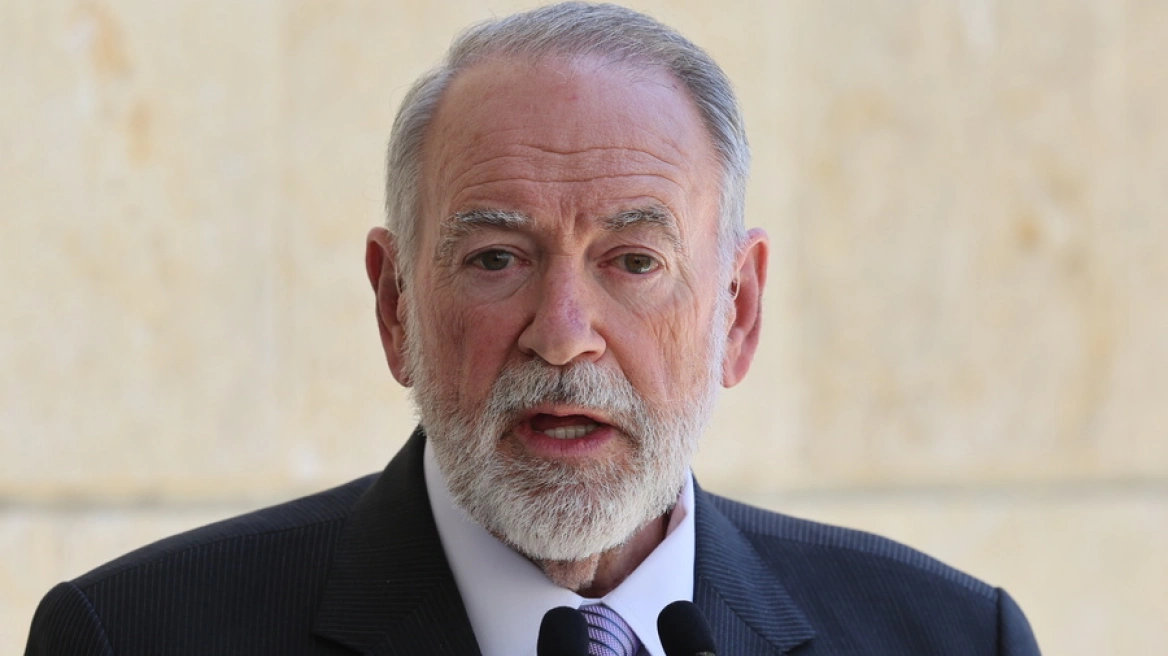The Supreme Court ruled Tuesday in favor of President Donald Trump in Trump v. Hawaii, the controversial case regarding Trump’s September order to restrict travel to the U.S. for citizens of several majority Muslim countries.
In the 5-4 opinion penned by Chief Justice John Roberts, the court found that Trump’s immigration restriction fell “squarely” within the president’s authority. The court rejected claims that the ban was motivated by religious hostility.
“The [order] is expressly premised on legitimate purposes: preventing entry of nationals who cannot be adequately vetted and inducing other nations to improve their practices,” Roberts wrote. “The text says nothing about religion.”
The case has been central to the Trump administration’s immigration policy, presenting a key test of the president’s campaign promise to restrict immigration and secure America’s borders.
The immigration restriction is the Trump administration’s third, and affects people from Iran, Libya, North Korea, Somalia, Syria, Venezuela, and Yemen. Chad was dropped from the list of affected countries in April.
Previous iterations of the ban were revised after facing challenges in court.
source: cnbc.com
Ask me anything
Explore related questions





